Spotting the symptoms of psychosis
Psychosis can impact emotions, physical sensations, thinking patterns, and behavior.
THOUGHTS: Disorganised or jumbled thoughts
DELUSIONS: Having false beliefs often involving misinterpretations of experiences or perceptions (e.g., believing someone is after you, thinking you have special powers, or interpreting newspaper passages as having special meanings directed at you)
HALLUCINATIONS: Being able to see, hear, smell, sense, or taste things that others would not. In the case of schizophrenia or chronic psychosis, the most relevant hallucinations are auditory hallucinations.
FEELINGS: Experiencing confusion, agitation, fear, reduced interest in activities.
BEHAVIORS: Experiencing changes in behaviour, such as: having difficulties maintaining or tracking conversations, difficulty with upkeeping personal hygiene and daily activities, struggling to remember things, behaving inappropriately (being silly or laughing with no context), getting upset or angry without a clear reason, becoming very lethargic or generally inactive, becoming entirely not aware of the surrounding environment.






